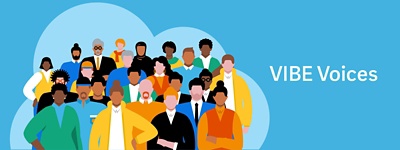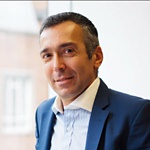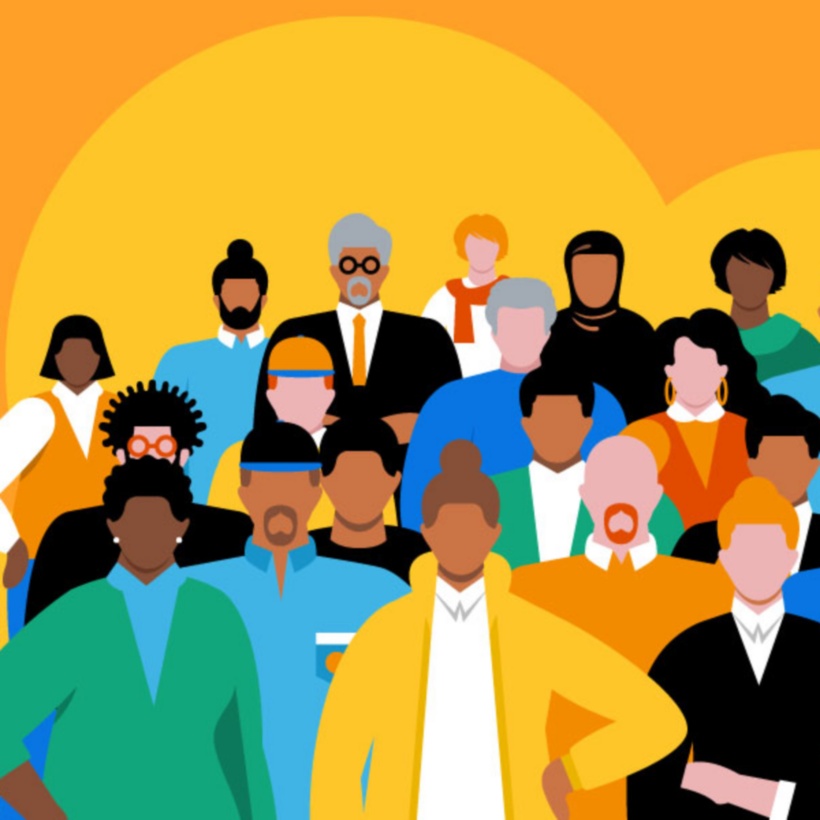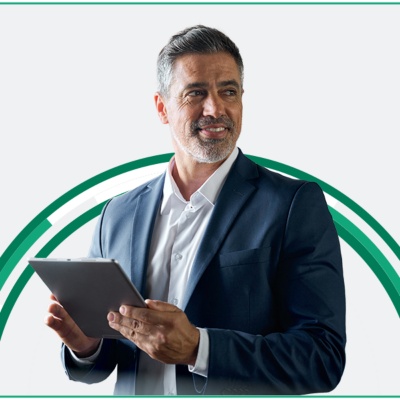The Professional Weight of Invisible Identities
Rogerio’s career spans not only multiple companies, but also multiple countries. Starting in tech in his home country of Brazil, he then moved to the UK in 1999 and worked at several more technology companies before joining Workday. As someone who has been in this industry for his entire career, it’s easy to see Rogerio’s passion for his work. “I’ve loved every company I worked for, and have made long-lasting friends in every single one of these places.”
Like many members of the LGBTQ+ community, Rogerio acknowledges that his identity has required certain aspects of his life to be separated. “I only came out as gay in my professional life when I was 35 years old, though I was out to family and friends much earlier. It was hard to identify role models professionally, and there were little to no discussions around relationships that weren’t heterosexual—especially at senior levels of organisations.” After a personal tragedy, Rogerio set out to create a space where he could be open about his identity.
“After I lost my partner Adrian to suicide, a very tough time in my personal life, it started a chain of events in my life that led me to come out at work, and advocate for a much stronger inclusion policy in the workplace. It also made me extremely aware of and sensitive to mental health issues and the ramifications and consequences if they go untreated or unnoticed.
“Ironically, being open and honest about who I am ended up being the very thing that helped my career grow the way it has, making closer friends and living my life in a much happier and healthier way. The very thing I feared was going to damage my professional trajectory made me a stronger and better leader.”
Supporting LGBTQ+ Mentorship and Psychological Safety
In the years following his coming out in a professional space, Rogerio moved from strength to strength in his professional career. In doing so, he positioned himself to provide the mentorship and visibility that he lacked at an earlier age, with a goal of creating a well-integrated and -intentioned community. “The existence of a network of role models, mentors, and advisors who want to help LGBTQ+ employees is fundamental. Don’t discount the value of friendly and approachable leaders.”










